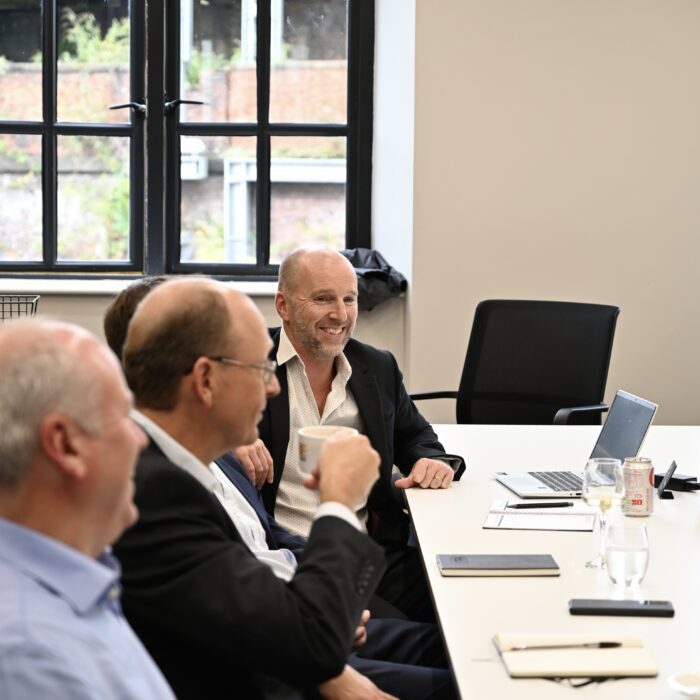- About
- Capabilities
- Corporate
- Corporate Services
- Corporate FAQs
- Do I need a Shareholders Agreement, and what should go in it?
- Incentivising employees – are share based arrangements right for me?
- How do I sell my business?
- How to buy a business?
- How to manage a deal so it doesn’t cost the earth and doesn’t get delayed?
- What does the relationship with my private equity house look like?
- What is an Investment Agreement and what does it do?
- What is Corporate Governance and is it important?
- What is M&A and who does what?
- What type of funding is right for us?
- Commercial
- Commercial Services
- Commercial FAQs
- Am I a data controller/data processor? (and what are my duties)
- What do I need in my terms and conditions?
- Do my business activities need to be UK GDPR and DPA compliant?
- Limitation of liability: how do I decide the liability cap/what is a sufficient liability cap?
- Reasonable or best endeavours: what is the difference?
- Does Brexit affect my GDPR compliance requirements?
- Supply Agreements: whose terms and conditions apply?
- How can I transfer my IP rights to someone else?
- What is a material breach of a contract and how can I ensure I’m protected against this?
- How can I ensure that I can be released from a contract if the relationship sours?
- I need to share confidential information: how can I ensure it stays secret?
- Deed or contract under hand: which do I need?
- Real Estate
- Real Estate Services
- Real Estate FAQs
- Can I break a Lease – Landlord/Tenant
- What’s my obligation to repair?
- What to do when tenants don’t pay the rent?
- Investment property – what are yields and how can you boost your yield return?
- What does “good” look like for landlords
- What does “good” look like for tenants?
- What are dilapidations and how are they managed?
- What are they and why use conditional contracts?
- How do Options work on property transactions?
- Joint Ventures and Land Promotion Agreements – What are they and how do they work?
- How to structure and fund mixed use developments
- Construction
- Employment Law
- Employment Services
- Employment FAQs
- What are your options if an employee is not performing?
- How do I respond to a grievance?
- Is it safe to dismiss someone on sick leave?
- How do I respond to a flexible working request?
- How do I respond to a Tribunal claim ?
- Is it okay to dismiss someone who has not been with the business for more than two years?
- Do I have to use Occupational Health?
- How do I deal with an employee who has mental health problems?
- How much sickness absence is too much?
- What is included in a Contract of Employment?
- What is a Settlement Agreement
- What is an off the record chat
- How do you make somebody redundant?
- What is unfair dismissal and how to avoid it
- What is whistleblowing?
- How much can you get for unfair dismissal?
- How do you deal with workplace bullying
- Do I need a Solicitor?
- If I use an HR consultant will everything be confidential. Can we talk openly with our HR advisers?
- Dispute Resolution
- Dispute Resolution Services
- Dispute Resolution FAQs
- Can I resolve a dispute without going to Court?
- Can I transfer my house or assets to avoid creditors or bankruptcy?
- How can I keep my legal fees to a minimum?
- How do I get rid of a director using litigation?
- How do I sue someone?
- I have received a judgment, what are my options?
- I’m being treated unfairly as a shareholder, what can I do?
- I have received a Statutory Demand, what should I do?
- What steps/milestones are involved in litigation?
- What to do if someone doesn’t pay you as a contractor?
- Start and Scale
- Our People
- Resources
- Corporate













